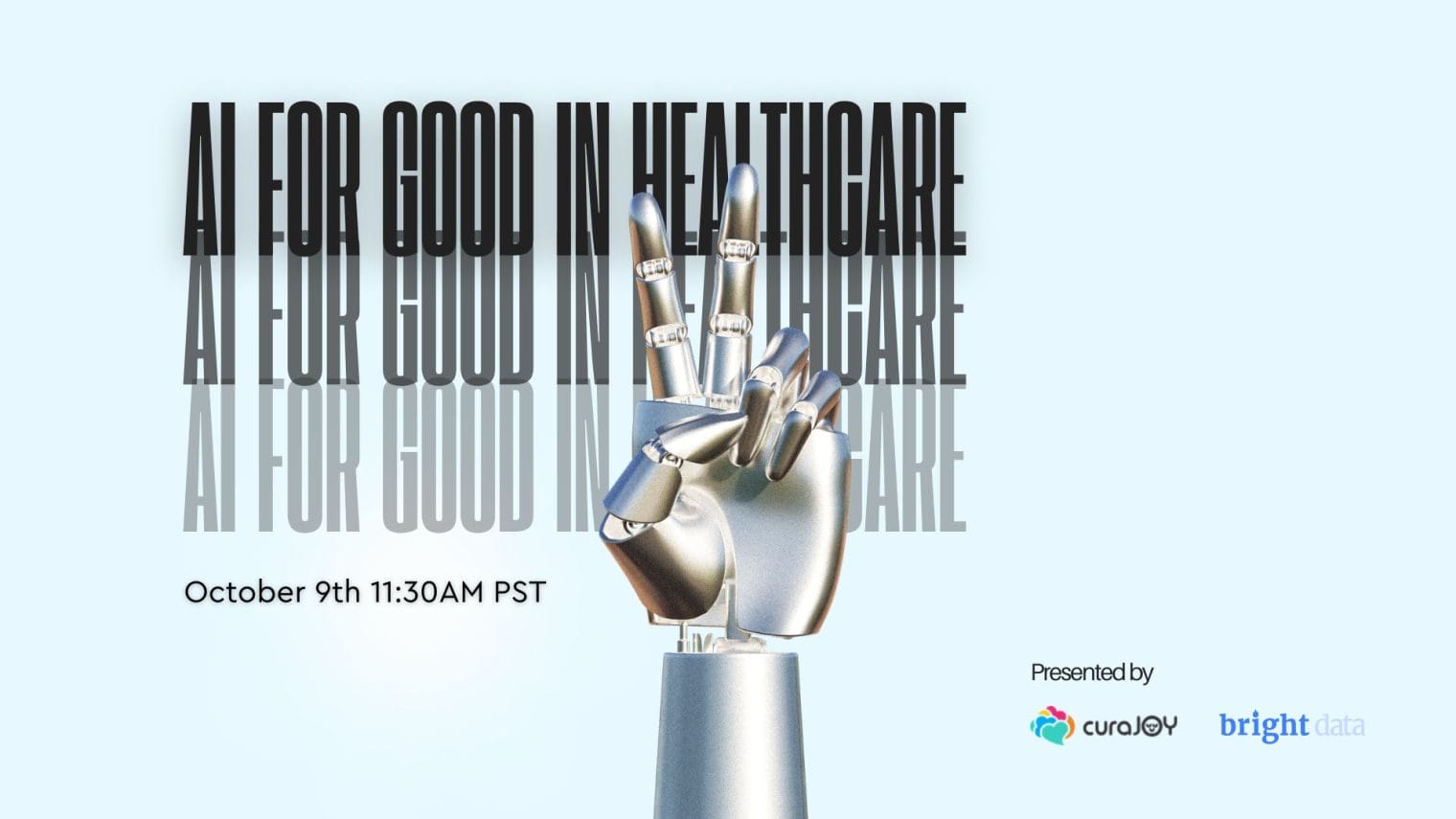In recent years, artificial intelligence (AI) has rapidly transformed the way we live, work, and interact. But with this power comes a responsibility to ensure AI systems are fair, transparent, and respect human rights. Addressing ethical challenges is more critical than ever as we move deeper into an AI-driven world. Let’s explore some of the pressing AI ethics challenges and how a responsible approach can pave the way for a safer, more inclusive future.
Addressing AI Bias for Fair Outcomes
One of the most significant ethical challenges in AI is addressing bias to ensure fairness across all demographics. AI systems learn from data, but if that data contains biases, the AI can amplify them, leading to discriminatory outcomes. This is especially concerning in fields like hiring, healthcare, and law enforcement, where biased decisions can have far-reaching impacts.
To counteract this, it’s essential to use inclusive and diverse datasets that represent all sections of society. By actively working to identify and minimize bias, AI developers can create systems that make decisions fairly and equitably. Regular bias checks and fairness evaluations should be a cornerstone of ethical AI development, ensuring that AI does not inadvertently reinforce existing societal inequalities.
Transparency and Explainability: Building Trust
AI’s “black box” nature—where complex decisions are made without a clear, understandable reasoning process—can erode public trust. When AI systems make decisions impacting people’s lives, they need to be transparent and explainable. Providing clear explanations for AI decisions allows individuals to understand why certain choices are made, which is especially critical in sectors like finance, healthcare, and criminal justice.
Transparency is not just a technical goal but a moral obligation to the people affected by AI decisions. By making AI decisions understandable, we can foster trust and empower users to make informed choices in an AI-driven world.
Privacy by Design: Protecting User Data
Privacy is a major concern as AI systems process vast amounts of personal data. Implementing a “privacy by design” approach ensures that privacy safeguards are integrated from the very start, rather than as an afterthought. This means only collecting essential data, securing it through robust data protection measures, and enabling users to have control over their information.
Data privacy is especially important when sensitive information, such as health or financial data, is involved. By embedding privacy practices into AI development, we can protect user rights and build AI systems that are both ethical and secure.
Supporting Human Agency and Autonomy
AI has enormous potential to assist humans, but it should never replace human decision-making in critical areas. Preserving human agency means AI should augment, not replace, human judgment. In areas like healthcare, legal judgments, and personal finance, final decisions should rest with human experts, ensuring that people have control over their lives.
Human-centered design, which keeps individuals at the heart of AI systems, helps maintain this balance. It ensures that AI remains a supportive tool, one that respects human autonomy and fosters collaboration between people and technology.
A Responsible Approach for the Future
Building ethical AI systems requires collaboration, commitment, and accountability. Policymakers, developers, and industry leaders must work together to align AI with societal values and norms. Regular ethical risk assessments, inclusive data practices, and human-centered design can help address these challenges and build a foundation for responsible AI.
As we look toward the future, our vision is to create AI systems that not only serve society but also uphold the values of fairness, transparency, and accountability. By embracing a responsible approach to AI ethics, we can unlock AI’s potential for good while safeguarding human rights and trust. In doing so, we create a world where AI serves humanity in a way that is ethical, equitable, and safe.
In summary, the journey toward ethical AI development is ongoing, but with a commitment to fairness, transparency, and privacy, we can create a future where AI technology enhances our world and respects the values that make us human.





Leave a Reply